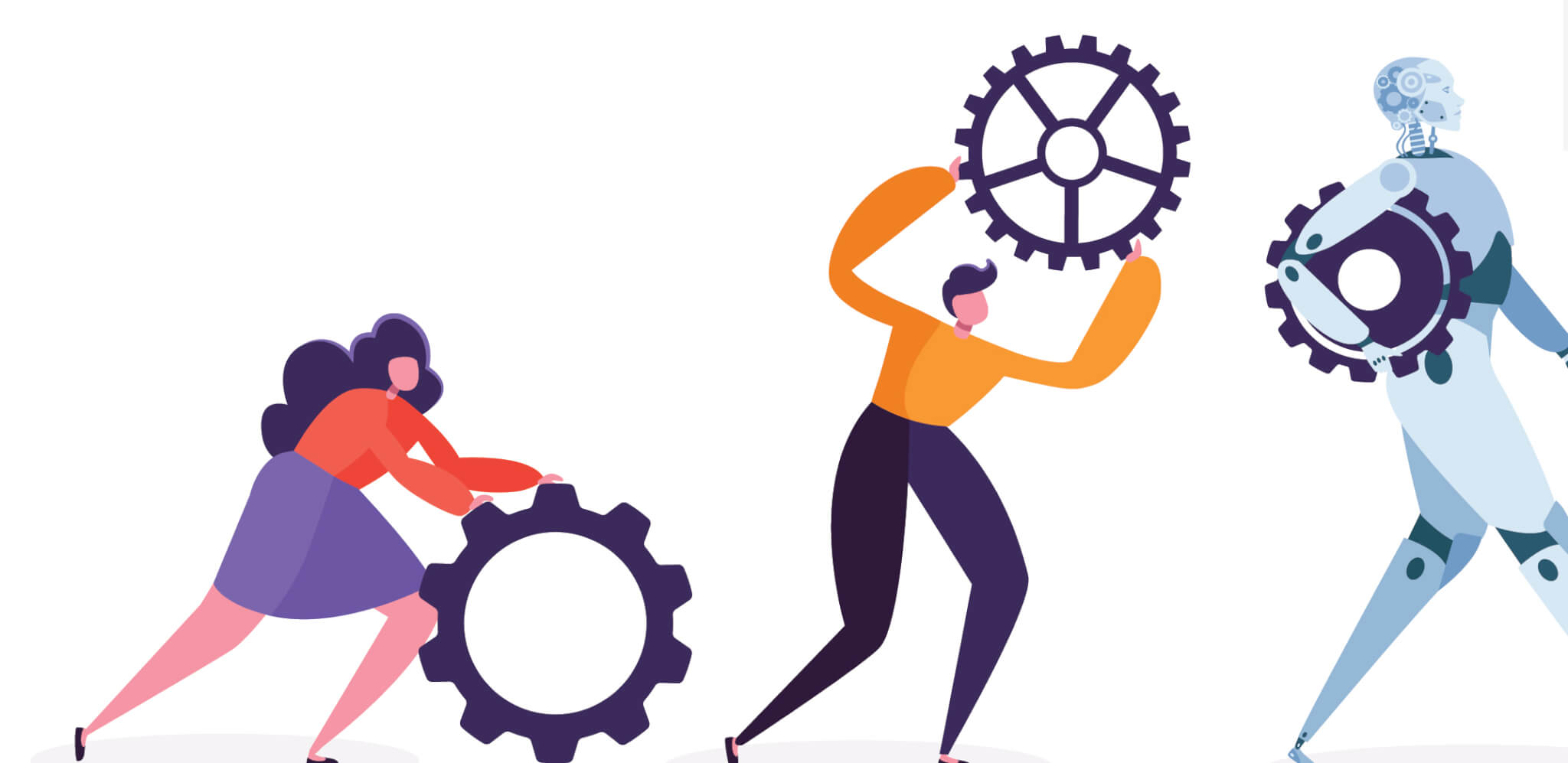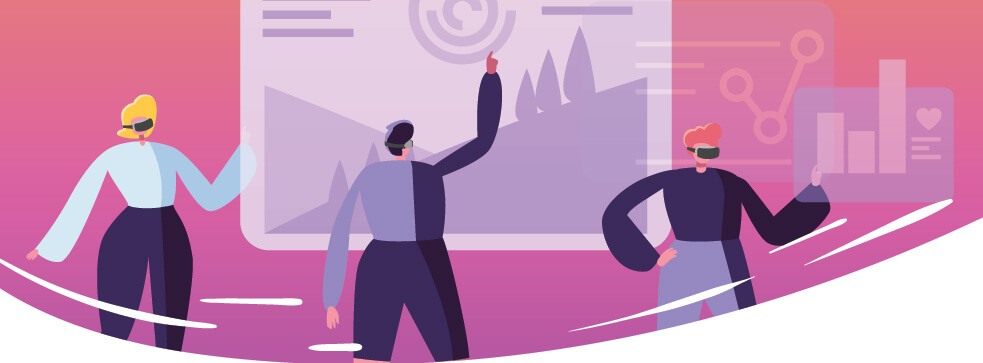
Breaking Travel News investigates: The Future of CRM, AI and machine learning for hotel marketing
With Cendyn having been recognised as the World’s Leading Hotel CRM Technology Provider, the company is at the forefront of this rapidly emerging sector.
Here Casey Munck, director of marketing for the company in the Americas, explores what might come next in this dynamic field.
Technology has dramatically shifted the way hotels engage with customers.
Today’s customer relationship management tools help hotels aggregate guest preferences keep track of interactions across multiple touch points, and craft messaging that resonates at the individual level.
But with so many touchpoints across systems and channels, how can a hotel move in real-time to utilise the data inside their CRM at the moment and context it’s needed with a guest?
ADVERTISEMENT
The answer lies with artificial intelligence and machine learning, which are breaking new ground at the core of CRM technology.
Bots (such as customer chatbots and messaging platforms), combined with AI-driven automations, leverage a hotel’s CRM of centralised intelligence to send the right message, at the right time in the right place.
The “limitless capacity” of artificial intelligence
The Cambridge Dictionary defines AI as “technology that allows something to be done in a way that is similar to the way humans do it” with “some of the qualities of the human mind”.
This definition is a good start, but it equivocates a bit when limiting AI to doing things in a similar way to humans.
The more accurate depiction would be that AI is like a team of humans with the limitless capacity to do many things at once in real-time, at a speed far faster than most humans.
AI gets more done with fewer resources, all with greater accuracy and better reliability than humans.
This distinction matters, because AI has productivity-boosting potential to improve business outcomes in the hospitality industry.
Just over the horizon is a future of 1:1 marketing where each message is automatically personalised based on disclosed preferences and past interactions.
As cloud computing and APIs unlock real-time data synchronisation between platforms, AI-driven CRM can continuously update and optimise a hotel’s marketing communications to deliver more of the right messages, at the right time through the right channel.
To do this effectively, next-generation CRM revolves around centralised guest profiles that unite personal preferences and past interactions.
This rich profile becomes the single source of truth about a guest’s relationship with the hotel, which helps a hotel achieve relevant, contextual personalisation at each touchpoint.
Here’s how the smarter, faster, and more contextually relevant future of CRM plays out for hotels.
Better conversion and segmentation through pattern recognition
The greatest benefit of AI is pattern recognition. It enables organisations to capture customer data, such as brand interactions and buying behaviour, to serve customers better.
It sees things that even the most astute human won’t.
For example, it can be hard to deduce which segments are most likely to respond to specific messaging.
Yet, with AI, it’s possible to identify similarities in how different guests interact with messaging, which can then be used to constantly optimise the messaging/segment match.
New segments can also be created in real-time, as the system tests different messaging to find the best between message, segment, and channel.
AI-powered CRM also uses pattern recognition to optimise segmentation and marketing messaging in real-time, resulting in a better experience that also happens to increase conversion.
For example, automated up-selling will deliver the most relevant offers to a specific user via the best channel at the ideal time.
The resulting engagement will then be analysed and applied to future communications with that specific user — as well as any relevant segments.
This continuous optimisation will all be done in real-time with no manual intervention, creating an automated conversion optimisation engine driven by user preferences and actual interactions.

Machine Learning
Marketing and customer engagement remain high-touch endeavours.
Too often, useful customer information is scattered across tools, vendors, and databases, without a roll-up view that can be accessed by your full operation and staff.
To be most effective, CRM data must be accurate and up to date.
For example, a guest’s request for a foam pillow may be duly noted in a guest messaging platform without ever making it to the guest’s profile.
AI-enhanced chatbots could both fulfil the request while also updating the guest profile accordingly.
AI makes it possible to have robust guest profiles that are always improving — without the tedium of manual entry.
Harnessing a centralised data platform for AI input
Data isolation means that marketing must rely on outdated or incomplete guest profiles that lack relevancy and context.
Next-gen CRM eliminates these frustrations by harnessing the power of AI to continuously update customer profiles with the most relevant information.
For example, there’s a trove of information to be gleaned from emerging ways that guests interact with hotels, such as voice and chatbots.
With 75 per cent of respondents comfortable using chatbots, there are many interactions that traditional CRM fails to capture.
Without a centralised approach to pull these pieces of information together, CRMs can never truly deliver on the value of a centralised global guest profile.
Improved guest scoring
The most effective hotel marketing and sales managers use sophisticated lead scoring to carefully prioritise their work.
Whether it’s deciding which RFPs to tackle first, or evaluating the performance of guest segments, smart lead scoring maximises productivity and sales effectiveness.
With AI, guest scoring is more accurate and can more accurately trace sales back to the originating marketing campaigns and sales strategies.
AI-integrated CRM can also be a sales coach, analysing customer accounts, profile information, and property sales targets to guide strategy and process.
It can even identify roadblocks early and help tailor messages for more engaging follow-ups. Sales intelligence improves conversions and creates a better sales experience for customers.
Armed with this data-rich CRM, marketers can identify similar customer profiles to predict ideal segments.
As teams strain to get more done with less, AI-enhanced CRM helps them assign real values to their marketing qualified leads and sales qualified leads.
With improved resource allocation, hotels can earn more business and maintain long-term relationships with the highest value customers.

Distinctive, optimised marketing campaigns
Successful marketing is relevant and contextual.
With an AI-powered CRM, it’s feasible to deliver relevant messages personalised to each guest and according to the context of each channel.
This “right message, right time, right channel” approach improves outcomes for marketers who will spend more efficiently to reach specific segments.
Relevancy and context also matter immensely to optimising hotel marketing across all phases of the guest journey.
Relevant offers, delivered at the right time in the ideal channel, perform far better than mass marketing messaging without any context.
While this all sounds nice, it’s nearly impossible to accomplish manually.
There are simply not enough hours in the day to create micro-segments, brainstorm messages, create graphics, and then monitor the resulting experiments.
AI liberates hotel marketers to be bolder, experiment more often, and amplify what works best.
Pricing that’s precise — and profitable
Data’s prevalence has transformed the way hotels price rooms, upgrades, and packages.
Revenue management has become a core competency and data analysis skills are just as important as operational chops.
The downside to all this data is a growing sense of dread that there’s never enough time to analyse everything.
Rather than walking the property, serving guests, or inspiring staff, many managers feel like they’re stuck crunching numbers or blindly creating offers and incentives without basis in data.
AI rectifies this imbalance and tips the scales back towards having more time for true hospitality.
Offers, incentives, packages, and group sales proposals can be based on CRM data to inform a more precise, profitable pricing strategy.
Defining the future of CRM today
Continuous optimisation based on unified data is the future.
Data silos undermine your business with manual data lookups, guesswork and delays.
Hotels must centralise information from multiple systems into a single source of truth for data-driven guest engagement, end-to-end efficiency, and informed decision-making.
When you’re able to drive direct and repeat bookings with the right message automatically delivered at the right time, you improve marketing ROI and overall profitability.
We’re only just beginning to unlock the power of AI-enhanced CRM — the potential is limitless, so take the time to consider how next-gen CRM should factor into your technology plans today.
More Information
Casey Munck is the director of marketing, Americas, for Cendyn.
In her role at Cendyn, she manages content marketing, lead generation, communications, social media and thought leadership.
For more on the company head over to the official website.

